Nigeria’s economy is undergoing significant transformations under President Bola Tinubu’s administration, which has implemented a series of bold reforms aimed at addressing longstanding fiscal challenges. These measures include the removal of fuel subsidies, unification of exchange rates, and efforts to restore monetary policy integrity.
The elimination of fuel subsidies, a move that had been a contentious issue for decades, has led to an immediate increase in fuel prices. While this has contributed to a surge in inflation, reaching 24%, it has also freed up substantial government resources. These funds are now being redirected towards critical infrastructure projects and social programs, aiming to stimulate economic growth and improve public services.
In tandem with subsidy removal, the administration has unified Nigeria’s multiple exchange rates, allowing the naira to find its true market value. This policy shift has attracted foreign direct investment, with over $30 billion inflows reported in the past year. The International Monetary Fund (IMF) has acknowledged these reforms, forecasting a 3.1% economic growth for Nigeria in the coming year, up from 2.9% in 2023. (bloomberg.com)
Despite these positive indicators, inflation remains a pressing concern, primarily driven by rising food prices. The government is actively working to address this by implementing agricultural reforms aimed at boosting local production and reducing reliance on imports. Additionally, the Central Bank of Nigeria has halted excessive money printing, a practice that had previously undermined the naira’s value.
Oil production has also seen a resurgence, reaching 1.5 million barrels per day. This increase is attributed to improved security measures that have reduced oil theft and enhanced local output. The government continues to focus on revitalizing the oil sector, recognizing its critical role in the national economy.
To further bolster the oil industry, President Tinubu has enacted an executive order offering tax relief to operators who demonstrate cost-cutting measures. This initiative aims to enhance efficiency and attract more investment into the sector. (reuters.com)
On the fiscal front, the administration has sought parliamentary approval for external borrowing totaling $21.5 billion. This move is intended to support ongoing economic reforms and infrastructure development projects. (reuters.com)
In a bid to stabilize the naira, the Economic and Financial Crimes Commission (EFCC) has launched a crackdown on the cultural practice of “spraying” naira banknotes at parties. This practice has been linked to currency devaluation, and the EFCC is using a 2007 law against currency “mutilation” to enforce penalties. (ft.com)
While these reforms have set Nigeria on a path toward economic stabilization, challenges persist. High inflation, particularly in food prices, and security concerns continue to affect the daily lives of Nigerians. The administration remains committed to addressing these issues through targeted policies and reforms.
In summary, President Tinubu’s administration is undertaking a comprehensive overhaul of Nigeria’s economic policies. The initial outcomes suggest a positive trajectory, with increased foreign investment and a more stable fiscal environment. However, sustained efforts are required to tackle inflation and security challenges to ensure long-term economic stability and growth.
- Administration
- barrels
- begun
- Bola
- Bola Tinubu
- day
- driven
- economic
- economy
- food
- ft.com
- fuel
- fuel prices
- government
- high
- including
- inflation
- initiated
- initiative
- integrity
- its
- measures
- million
- monetary
- Nigeria
- Nigerias
- oil
- Policy
- president
- prices
- primarily
- production
- reforms
- remains
- removal
- restoration
- Rising
- Shock
- significant
- stabilize
- subsidies
- Therapy
- tinubu
- Tinubus



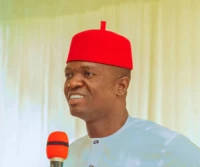

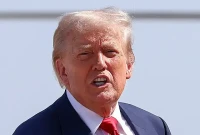

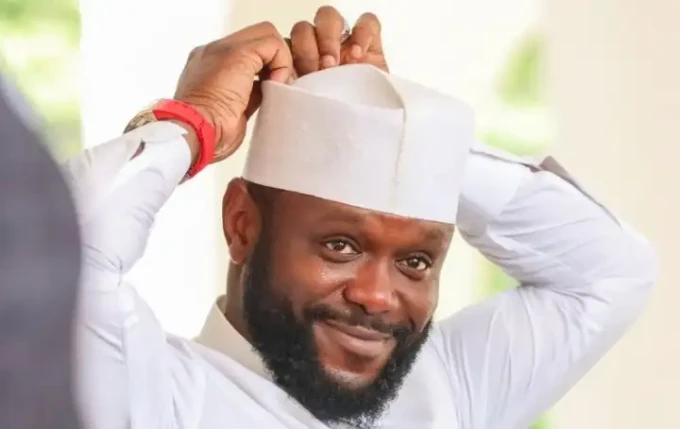
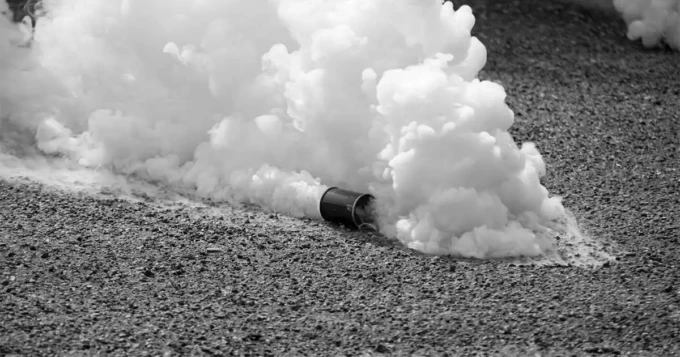

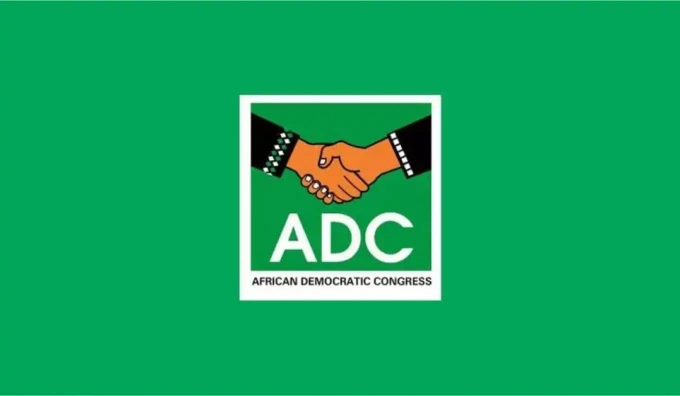
I disagree with the notion that Tinubus reforms are significant. The impact on the average Nigerian remains to be seen.
I disagree with the articles praise for Tinubus economic reforms. The impact on everyday Nigerians needs more analysis.
Im not convinced. Tinubus reforms may be a short-term fix. Lets see if they have long-lasting benefits for Nigeria.
I think the economic reforms in Nigeria are just a Band-Aid solution. We need long-term sustainable changes, not quick fixes.
Im not convinced that these reforms will benefit all Nigerians. Whos really reaping the rewards here? Lets dive deeper.
Im not convinced Tinubus reforms are helping the average Nigerian. What about the impact on the most vulnerable? #criticalthinking
Im not convinced that Tinubus reforms are sustainable long-term. What about the impact on the most vulnerable in Nigeria?
Im not convinced that Tinubus reforms are truly benefiting all Nigerians. The gap between rich and poor seems to be widening.